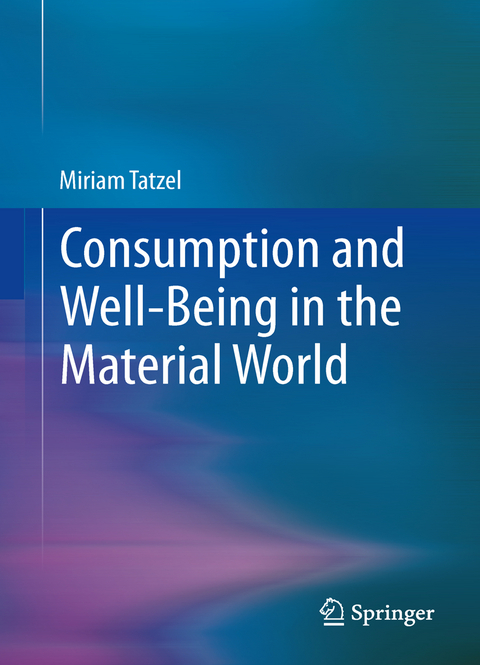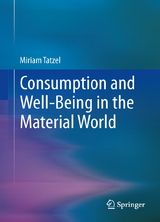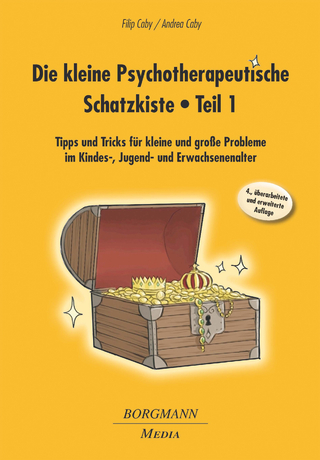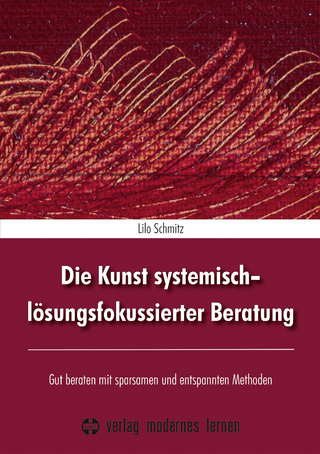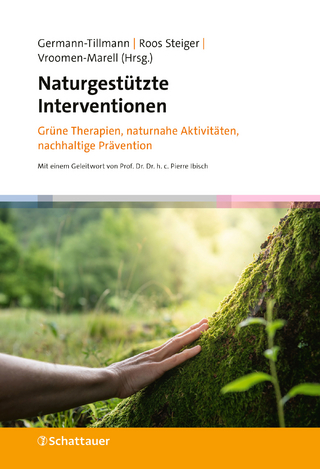Consumption and Well-Being in the Material World
Springer (Verlag)
978-94-007-7367-7 (ISBN)
This volume appeals to academics, professionals, students and others interested in materialism and consumer well-being.
Miriam Tatzel is a social psychologist, Columbia University Ph.D. She worked with Stanley Schachter on studies of obesity and eating behavior, and she did her dissertation on self-esteem and attitude change under the sponsorship of William J. McGuire. Following a post-doctoral fellowship at the University of Massachusetts, Amherst, she joined the Social Science Research Council, where she assessed government-sponsored early education programs; she co-authored a volume on these programs with Eleanor Maccoby, the developmental psychologist. In the 1970's, she was an Assistant Professor of Psychology at Hunter College of the City University of New York. Her next move was to an innovative institution, Empire State College, State University of New York, which matched her growing interest in alternative education, and where she has now been a long-time Professor. Her research has concentrated on psychological aspects of consumption, as well as studies of the educational process. In the consumer area, she has done research on clothes shopping and successful vs. troubled shoppers. An interest in money and how people spend it led her to develop a typology of consumers based on whether they are cautious with money or not, and whether they have high material aspirations or not. She is working on identifying pathways to well-being among different approaches to consumption.
Introduction.- Chapter 1: Consumption and Well-Being, An Introduction; Miriam Tatzel.- PART I: Money and Consumption for Well-Being.- Chapter 2: Money for Happiness: The Hedonic Benefits of Thrift; Joseph Chancellor and Sonja Lyubomirsky.- Chapter 3: Getting the Most for the Money: The Hedonic Return on Experiential and Material Purchases; Travis J. Carter and Thomas Gilovich.- Chapter 4: Loneliness, Material Possession Love and Consumers' Physical Well-Being; John L. Lastovicka and Laurel Anderson.- PART II: Individual and Cultural Variations.- Chapter 5: Value Seekers, Big Spenders, Non-Spenders and Experiencers: Consumption, Personality and Well-Being; Miriam Tatzel.- Chapter 6: Money, Materialism and the Good Life: Cultural Perspectives; Christie Napa Scollon and Derrick Wirtz.- PART III: Consumption and Sustainable Well-Being.- Chapter 7: Happy Planet, Happy Economy, Happy Consumers? Charles Seaford.- Chapter 8: Measuring What Matters; Eric Zencey.- Conclusion.- Chapter 9: Confessions of a Closet Materialist: Lessons Learned about Money, Possessions and Happiness; Miriam Tatzel.
| Erscheint lt. Verlag | 17.10.2013 |
|---|---|
| Zusatzinfo | 18 Illustrations, black and white; VIII, 198 p. 18 illus. |
| Verlagsort | Dordrecht |
| Sprache | englisch |
| Maße | 155 x 235 mm |
| Themenwelt | Geisteswissenschaften ► Psychologie ► Humanistische Psychotherapien |
| Sozialwissenschaften ► Soziologie | |
| Wirtschaft ► Betriebswirtschaft / Management ► Marketing / Vertrieb | |
| Schlagworte | Climate Change and Consumption • Consumer and Environmental Well-Being • Consumer Behavior • Consumer Types • Consumption and Well-Being • Culture and the Good Life • Ecological economics • Experiential Purchases • Frugality and Materialism • Hedonic Adaptation • Hedonic Benefits of Thrift • Loneliness and Possession Love • Marketing • Materialism and Well-Being • Money for Happiness • positive psychology • Sustainable Well-Being |
| ISBN-10 | 94-007-7367-6 / 9400773676 |
| ISBN-13 | 978-94-007-7367-7 / 9789400773677 |
| Zustand | Neuware |
| Informationen gemäß Produktsicherheitsverordnung (GPSR) | |
| Haben Sie eine Frage zum Produkt? |
aus dem Bereich
